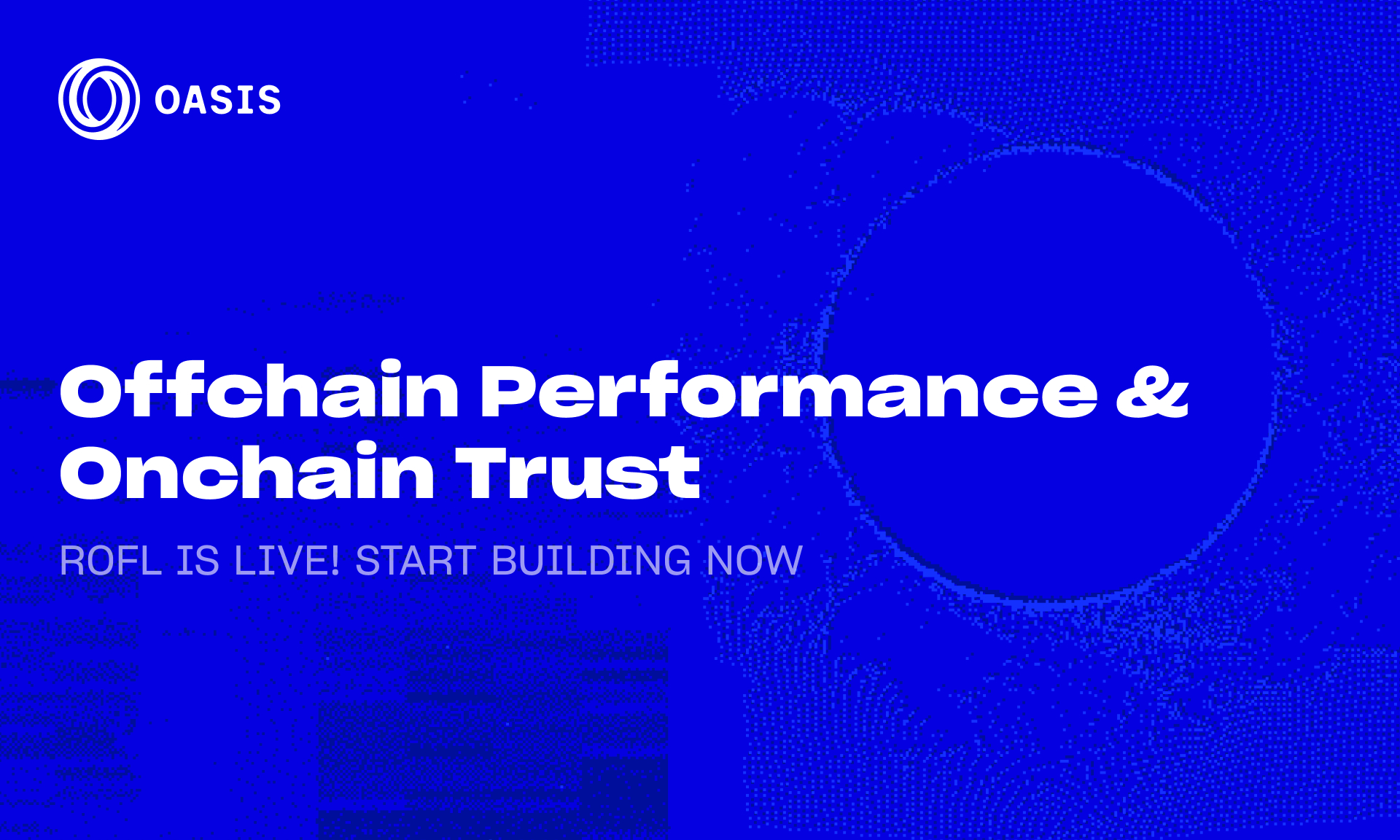The convergence of Artificial Intelligence (AI) and blockchain technology presents a transformative opportunity to create systems that are both intelligent and trustworthy. However, this fusion is not without its challenges. Traditional blockchain networks, while offering robust security and transparency, struggle with the computational demands of AI. On the other hand, off-chain computation, though scalable and cost-effective, lacks the inherent trust mechanisms of blockchain. Oasis Protocol’s Runtime Offchain Logic (ROFL) emerges as a groundbreaking solution, bridging these two worlds. With the launch of its mainnet, ROFL is set to redefine the landscape of verifiable, privacy-preserving AI applications.
The Scalability and Trust Dilemma in AI and Blockchain
The core challenge in integrating AI with blockchain lies in the trade-offs between scalability and trust. On-chain computation, where all transactions and computations are executed and verified by every node in the network, ensures immutability and transparency. However, this approach is computationally intensive and expensive, making it impractical for AI applications that require complex calculations. For instance, training a deep learning model with billions of parameters is simply not feasible on most blockchain networks due to the high computational overhead and associated costs.
Off-chain computation offers a viable alternative by performing complex calculations outside the blockchain, leveraging more powerful and cost-effective resources. This approach significantly improves scalability and reduces transaction fees. However, it introduces new challenges related to trust and verification. Without mechanisms to ensure the integrity of off-chain computations, users cannot be certain that the results are accurate or untampered. This is particularly critical in AI applications, where the reliability of computations directly impacts decision-making processes.
ROFL: A Trustless Compute Layer for AI
Oasis Protocol’s ROFL is designed to address these challenges by providing a trustless compute layer for AI applications. Positioned as the “Trustless AWS” for AI, ROFL combines the scalability of off-chain computation with the trust and verification mechanisms of blockchain. This hybrid approach enables developers to build AI applications that are both scalable and verifiable.
At its core, ROFL allows developers to augment deterministic on-chain backends with verifiable off-chain applications. These applications are stateless, with support for encrypted persistent local volumes, and can perform expensive and non-deterministic computations. By leveraging Trusted Execution Environments (TEEs) such as Intel SGX and TDX, ROFL ensures that computations are performed in secure enclaves, isolated from the rest of the system. This hardware-based root of trust protects the code and data from unauthorized access or modification, providing a robust foundation for verifiable and confidential computing.
Key Features and Capabilities
Several key features distinguish ROFL and enable its unique capabilities:
Use Cases and Applications
ROFL’s unique capabilities unlock a wide range of use cases across various industries:
Building a ROFL Application
The Oasis documentation provides resources to guide developers in building ROFL applications. The development process typically involves several steps:
Enhancing Confidential Computing with TDX
The integration of Intel’s Trusted Domain Extension (TDX) into the ROFL framework further enhances its confidential computing capabilities. TDX provides a more robust and secure environment for running confidential workloads, making ROFL even more attractive for applications that require high levels of data protection. This integration ensures that sensitive data remains protected throughout the computation process, further strengthening ROFL’s position as a leading solution for verifiable and privacy-preserving AI applications.
Conclusion
The launch of ROFL mainnet marks a significant milestone in the development of verifiable and privacy-preserving AI applications. By combining the scalability of off-chain computation with the trust and verification mechanisms of the blockchain, ROFL offers a compelling solution to the challenges facing the convergence of AI and blockchain. As the Web3 ecosystem continues to evolve, frameworks like ROFL will play an increasingly important role in enabling the next generation of decentralized and trustworthy AI applications. With its innovative approach and versatile capabilities, ROFL is poised to become a key enabler of the future of AI, unlocking new possibilities for developers and users alike.

